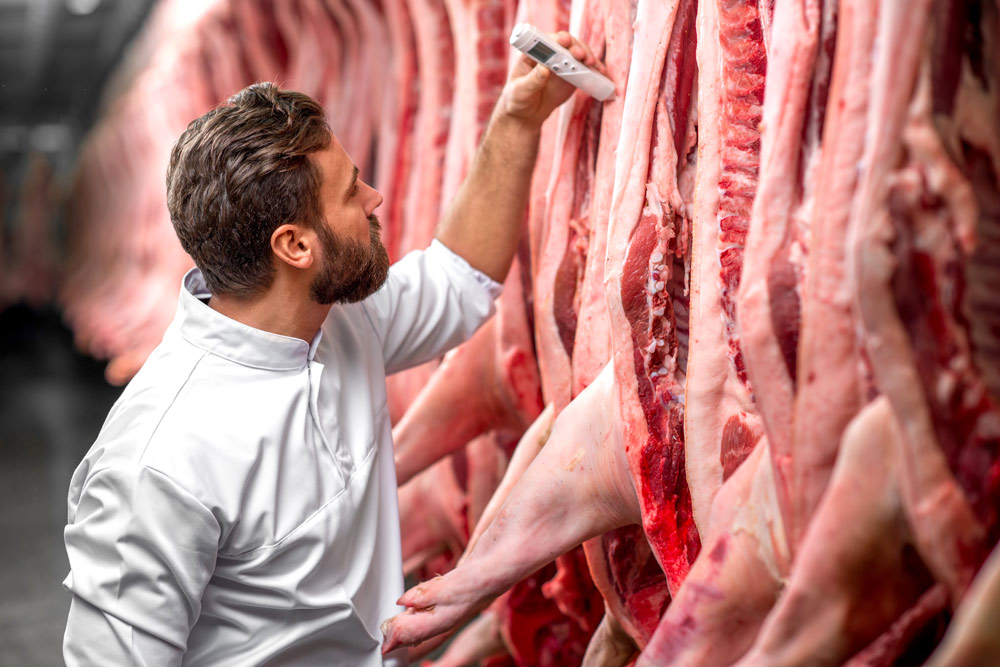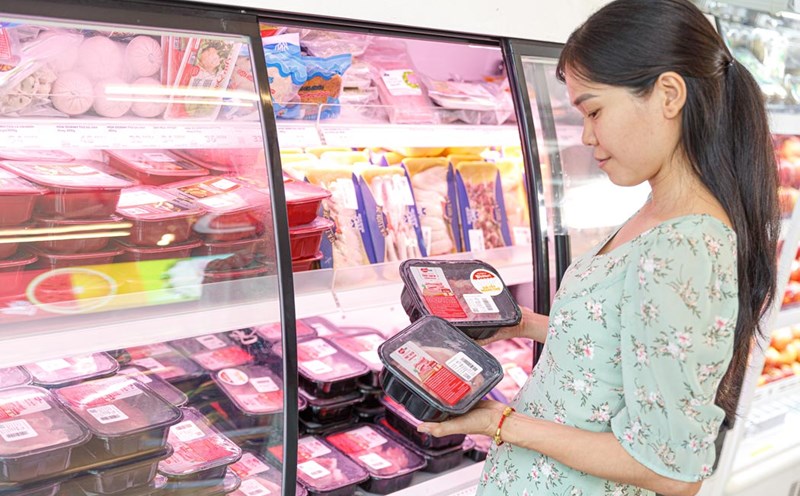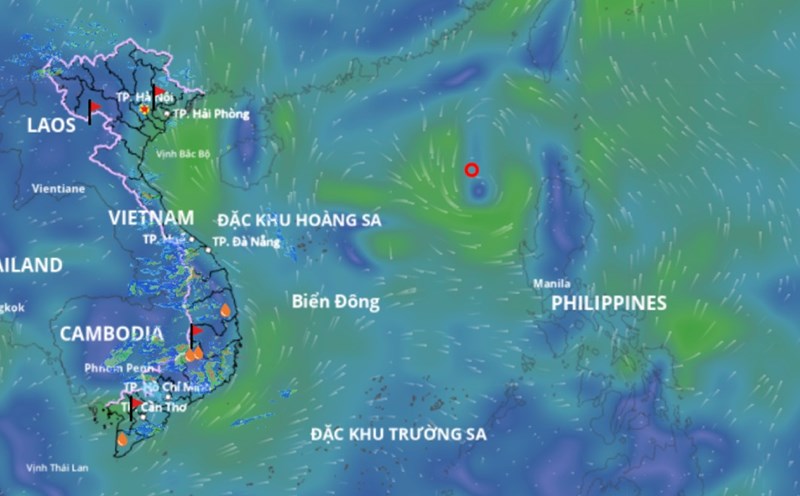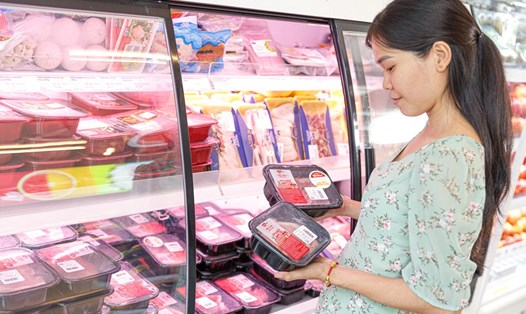Market fluctuations promote quality consumption trends
The fresh meat market is facing major fluctuations. The re-emergence of African swine fever in some northern provinces has caused a decline in hot meat supply, while out-of-way pork prices increased by 57% in July alone (according to the Department of Animal Husbandry). These factors make consumers increasingly cautious about foods of unknown origin, thereby promoting the trend of choosing branded meat, strictly controlled quality and clearly traceable origin.
This is a remarkable shift in consumer behavior, especially in the context of the Vietnamese economy on the path to improving living standards. The GDP target of an average of nearly 5,000 USD per capita is gradually becoming feasible, with the recorded figure in the first 6 months of 2025 reaching about 2,625 USD, an increase of nearly 8% over the same period last year (according to the General Statistics Office).
As income increases, consumers are not only interested in prices but increasingly demand high-quality and safe products, especially in the essential food industry such as meat and beverages.
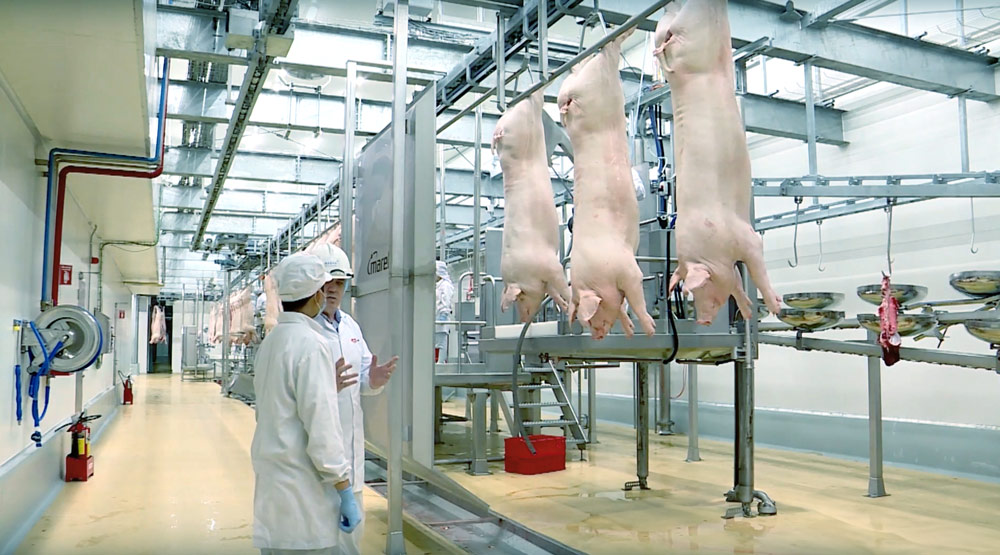
In that context, Masan MEATLife has emerged as one of the leading enterprises in the trend of raising consumer meat standards. MML's processed meat segment recorded a growth of 22.6% in the second quarter of 2025, accounting for 34% of total revenue. This achievement reflects the strategy of shifting the portfolio to high-value products, in line with the increasingly strict needs of the market.
High-end product strategy and internal cooperation: the key to sustainable growth
Significant growth momentum also comes from the internal coordination model in the Masan ecosystem, between MML and the WinCommerce retail system (WCM), with more than 4,100 WinMart and WinMart+ stores directly distributing cool and processed meat products to consumers.
Owning a closed ecosystem allows MML to control the end-of-use experience while optimizing the portfolio for each customer segment, especially the mid-range group and young households.
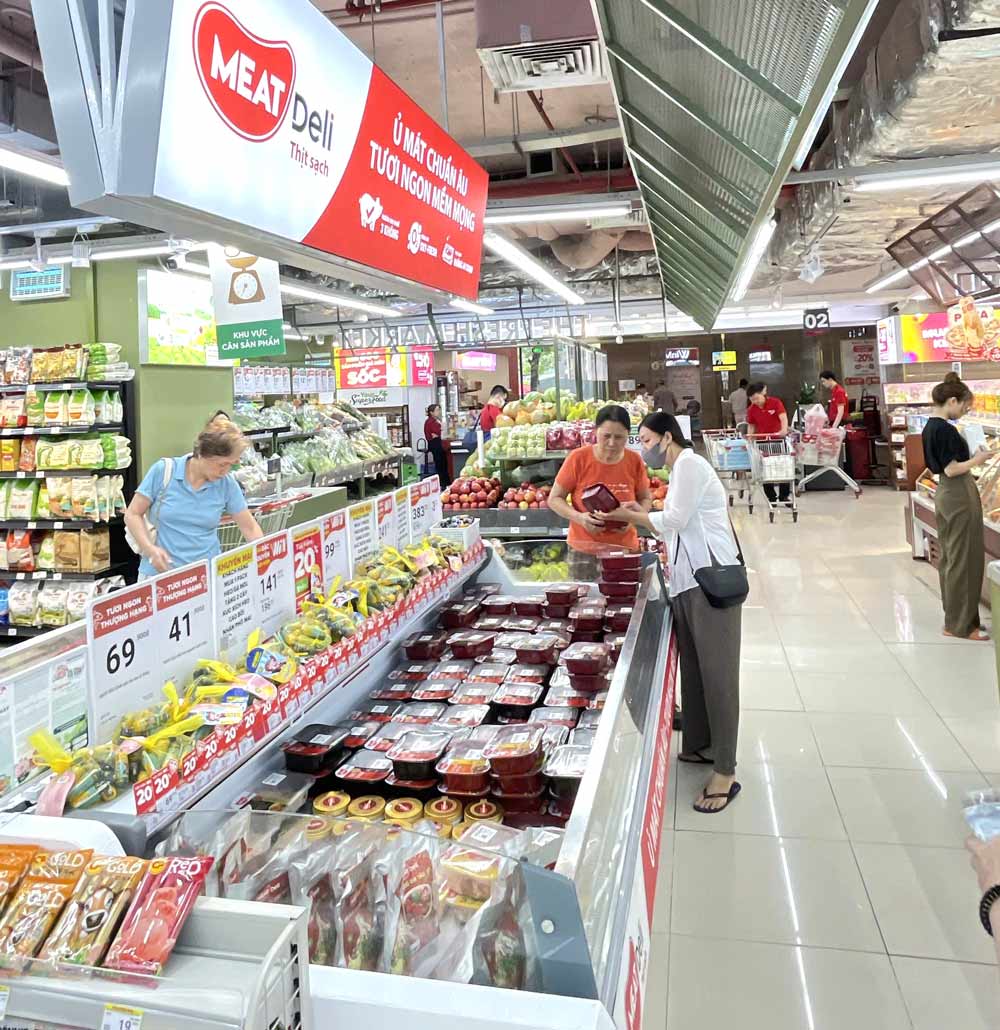
MML's product strategy does not stop at expanding market share but also focuses on value. The product lines are developed in the direction of premiumization, focusing on nutrition, standardized production processes and convenience factors, meeting the increasingly high and constantly innovative needs of modern consumers.
However, there needs to be an objective view of the business results of the second quarter of 2025. MML's after-tax profit this quarter includes inflationary, non-cash income worth VND196 billion. This clause is part of the benefits of renegotiating long-term trade contracts with suppliers.
However, MML's prospects in the second half of the year are still positively assessed. With a strategy of developing a continuously improved product portfolio and innovation, along with the support of an internal ecosystem and an increasingly trusted brand, MML is converging factors to maintain sustainable growth momentum in the following quarters.
